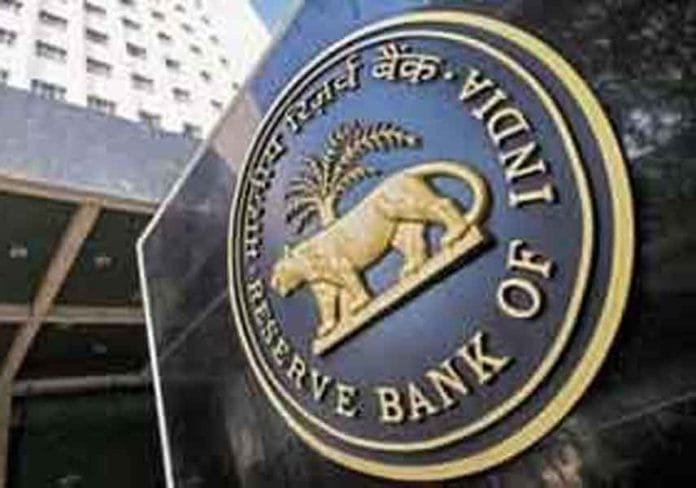The Reserve Bank of India (RBI) has taken a significant step to curb the arbitrary charges imposed by banks and other financial institutions on loan recipients. In the new draft of 12 points, the focus is on penal charges, which have been a source of complaints from borrowers for a long time. If implemented, the new rules will directly benefit people who miss their EMI payments.
Penal charges are a penalty imposed by lending institutions on borrowers who fail to pay their EMI installments on time. Under the current system, the bank charges a penalty based on compounding interest, which can significantly increase the amount owed. The new rules proposed by RBI will change this system, and banks will be required to take the penalty as a fine directly, instead of charging it as ‘penal interest.’
This is a significant development that will provide relief to borrowers and ensure that they are not subjected to arbitrary charges. The customers will also have to be informed about the terms and conditions related to the penalty charge, which will reduce disputes between customers and financial institutions. Banks will also be required to have a board-approved policy regarding loan penal charges or any other such charges.
The new rules will help borrowers who miss their EMI payments, as they will no longer have to pay compounding interest on the penalty charged by the lending institution. This is a relief, especially for those who are struggling to make their payments on time. The move will also make it easier for borrowers to understand the charges and fees associated with their loans, leading to greater transparency and fairness.
Furthermore, RBI has sought suggestions from banks, non-banking financial companies, and housing finance companies on this draft by May 15, 2023. This shows the commitment of RBI to make the financial system more accessible and fair for all stakeholders.
It is worth noting that while announcing the monetary policy in February, RBI Governor Shaktikanta Das had promised to issue guidelines to curb the arbitrary charges imposed by banks and other financial institutions. The new draft of 12 points is a step in that direction, and it is expected to bring about significant changes in the way lending institutions operate.
The move by RBI is a significant development that will have far-reaching implications for borrowers and the lending industry as a whole. It will ensure that customers are not subjected to arbitrary charges and will make it easier for them to understand the terms and conditions associated with their loans. The move is expected to reduce disputes between customers and financial institutions and promote greater transparency and fairness in the financial system.
In conclusion, RBI’s new draft of 12 points is a welcome move that will have a significant impact on the lending industry. The focus on penal charges is particularly noteworthy, as it will directly benefit borrowers who miss their EMI payments. The move is a step towards greater transparency and fairness in the financial system and will help make the system more accessible for all stakeholders.













